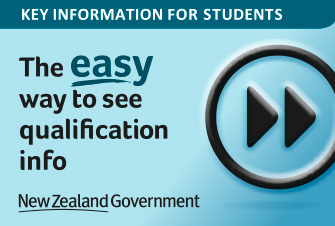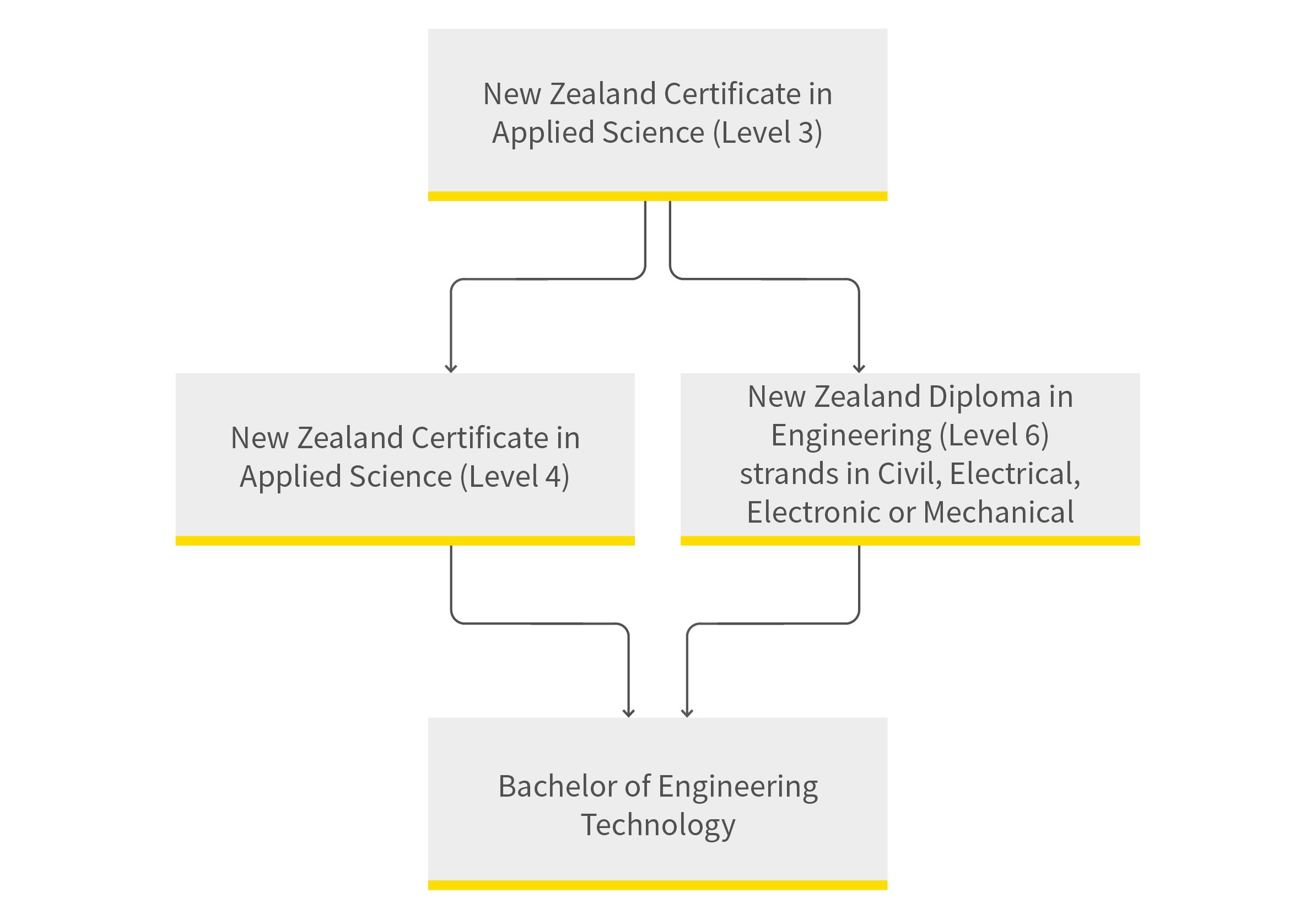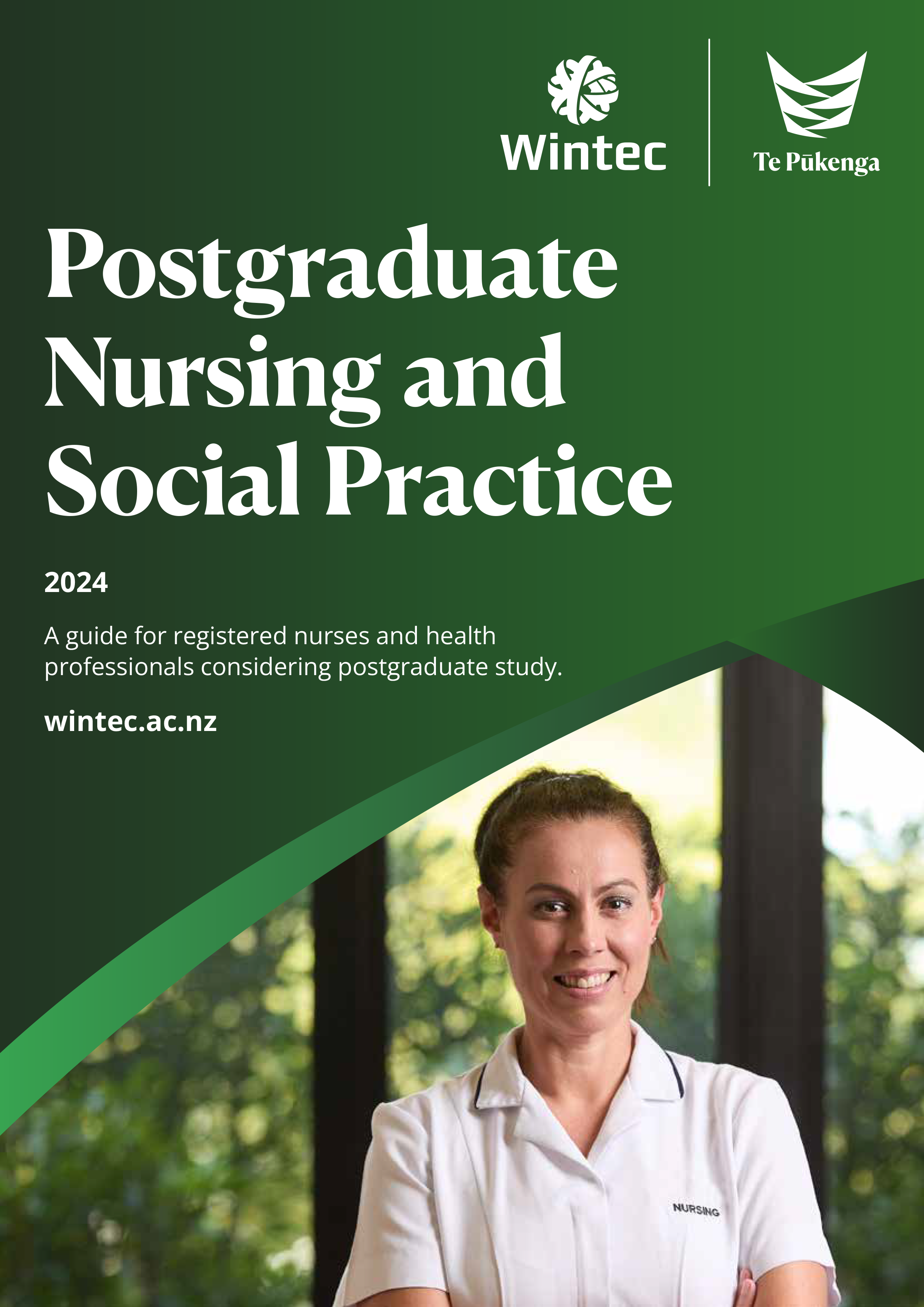General academic admission
a) Candidates are required to have gained:
- NCEA Level 2*
- a minimum total of 48 NCEA credits at Level 2 in four subjects, including at least 12 credits in Mathematics (preferably from achievement standards in algebra, calculus or trigonometry); or
- equivalent qualifications (e.g. International Baccalaureate or Cambridge); or
- equivalent credits from trades training and/or demonstrated skills and experience, and
*a minimum of 10 literacy credits at Level 1 or higher (for those who achieved NCEA Level 2 before 2013).
Special admission
Domestic applicants aged 20 years or above who have not met the General Admission or entry requirements for a programme but whose skills, education or work experience indicate that they have a reasonable chance of success1 may be eligible for Special Admission. Special admission will be granted at the discretion of the Centre Director or designated nominee. Such applicants may be required to successfully complete a foundation, bridging or tertiary introductory programme as a condition of entry into higher level programmes.
Provisional entry
Domestic applicants aged under 20 years who have not met the general academic admission and entry criteria for a programme, but who can demonstrate a reasonable chance of success through other educational attainment and/or work or life experience, may be eligible for provisional entry at the discretion of the Centre Director or designated nominee. Provisional entry places restrictions on re-enrolment to be lifted if the applicant’s performance is deemed satisfactory by the Centre Director or designated nominee.
English language requirements
Candidates who have English as a second language are required to have an International English Language Test System (IELTS) score of 6.0, with no individual band score lower than 5.5; or equivalent.






